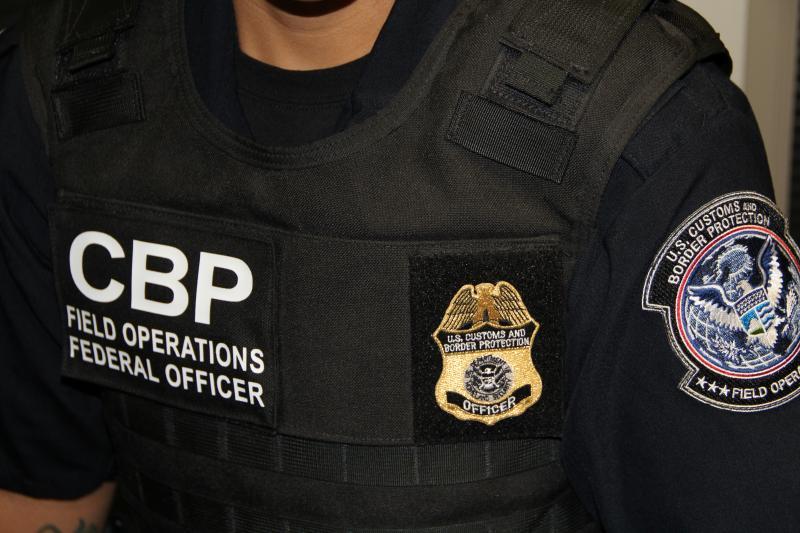
MIAMI – Throughout the five-week government shutdown, one essential government service continued at Miami International Airport: checking for exotic bugs in bunches of roses destined for Valentine’s Day bouquets.
U.S. Customs and Border Protection agriculture inspectors kept up their round-the-clock inspections without pay just as the pre-holiday rush of flower imports started to peak.
About 90 per cent of cut flowers imported into the U.S. every year come through the Miami airport. Border Protection agriculture specialists check those goods by hand, stem by stem, for stowaways that could threaten U.S. crops.
“Chances are, if you buy a loved one flowers this Valentine’s season, they came through this port of entry,” said Christopher Maston, the agency’s port director at Miami’s airport.
Valentine’s Day is the No. 1 holiday for most florists, and the industry cautiously monitored the shutdown for any delays in getting their flowers through customs. A bigger concern was the weather – a snowstorm just before Feb. 14 could derail deliveries. While a delay would be inconvenient, it would not hurt the blooms, said Christine Boldt, executive vice-president of the Association of Florida Importers of Florida.
“As long as flowers are kept cold, they will stay dormant and they will be fine,” Boldt said.
Rose growers start their carefully timed production plans three or four months early, in order to have the flowers blooming for Feb. 14. The roses begin arriving in Miami soon after New Year’s Day, and the push continues through Valentine’s Day.
“It’s a one-day holiday centred around the rose,” Boldt said.
All year long, the volume of roses and other flowers coming into Miami is vastly larger than anywhere else in the U.S.: Over 6 billion cut flower stems were examined here in 2018, compared with just under 1 billion processed at all other ports from Boston to Honolulu.
But roughly 20 per cent of the annual flower imports to Miami arrive just in the four weeks before Valentine’s, Marston said. The delicate cargo flies in on 95 to 100 daily flights, mostly from Colombia and Ecuador, compared with a dozen or so daily flights the rest of the year, according to Border Protection.
Last year, agriculture inspectors in Miami examined 1.3 billion cut flower stems and kept over 2,100 pests from leaving the airport during the Valentine’s season.
Inspectors wear gloves and masks as they work at long tables in cold, brightly lit rooms. They unwrap each bouquet, pick through its stems and shake it upside down over a placemat-size piece of white paper. Everything that falls onto the paper – leaves, flower buds and what appear to be specks of dirt – is examined for aphids, mites, moths and other insects.
Last week, some bouquets arriving in Miami from Colombia already had red hearts printed on their wrappers. The roses, carnations and other flowers come packed in thousands of long boxes stacked floor to ceiling, from cockpit to tail, in refrigerated airplanes. Forklifts take them to into cold warehouses for inspections, and then they are moved into other cold storage facilities until they reach consumers.
Ten per cent of Border Protection’s agriculture specialists work in Miami, out of 335 ports nationwide. “That gives you some kind of perspective on how big the agriculture operation is here,” Marston said.
With or without another shutdown, another flower-focused holiday looms on inspectors’ calendars: Mother’s Day.